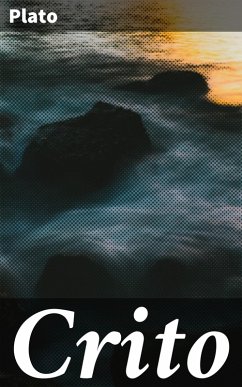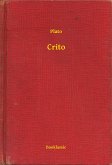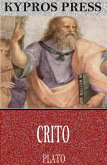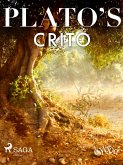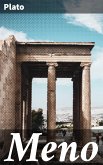In "Crito," Plato explores themes of justice, conscience, and the nature of the good life through a Socratic dialogue set in a prison cell. The text captures a pivotal moment where Socrates, faced with his impending execution, engages his loyal friend Crito in a profound discussion about the moral implications of escaping his sentence. Employing a conversational style representative of classical Greek philosophy, Plato highlights the conflict between individual desires and societal obligations. This dialogue not only reflects the philosophical discourse of the classical Athens period but also lays foundational ideas for Western political thought and ethics, effectively leading readers to ponder the significance of civic duty and personal integrity. Plato, a student of Socrates and teacher of Aristotle, composed "Crito" in the backdrop of his mentor's trial and death. His philosophical inquiries often stem from a deep concern for the nature of justice and the moral fabric of society. By capturing Socrates' stance in this dialogue, Plato not only honors his teacher's legacy but also grapples with the profound dilemmas of life and mortality, pushing readers to confront their own values and beliefs. "Crito" is highly recommended for any reader interested in philosophy, ethics, and the ancient world's reflections on justice. It challenges readers to examine their moral principles, encouraging introspection about the responsibilities we hold towards ourselves and the communities we inhabit. As such, this seminal work remains as relevant today as it was in ancient times.
Dieser Download kann aus rechtlichen Gründen nur mit Rechnungsadresse in A, B, BG, CY, CZ, D, DK, EW, E, FIN, F, GR, H, IRL, I, LT, L, LR, M, NL, PL, P, R, S, SLO, SK ausgeliefert werden.

